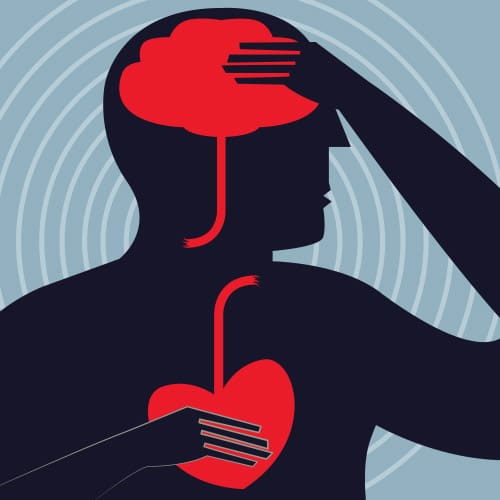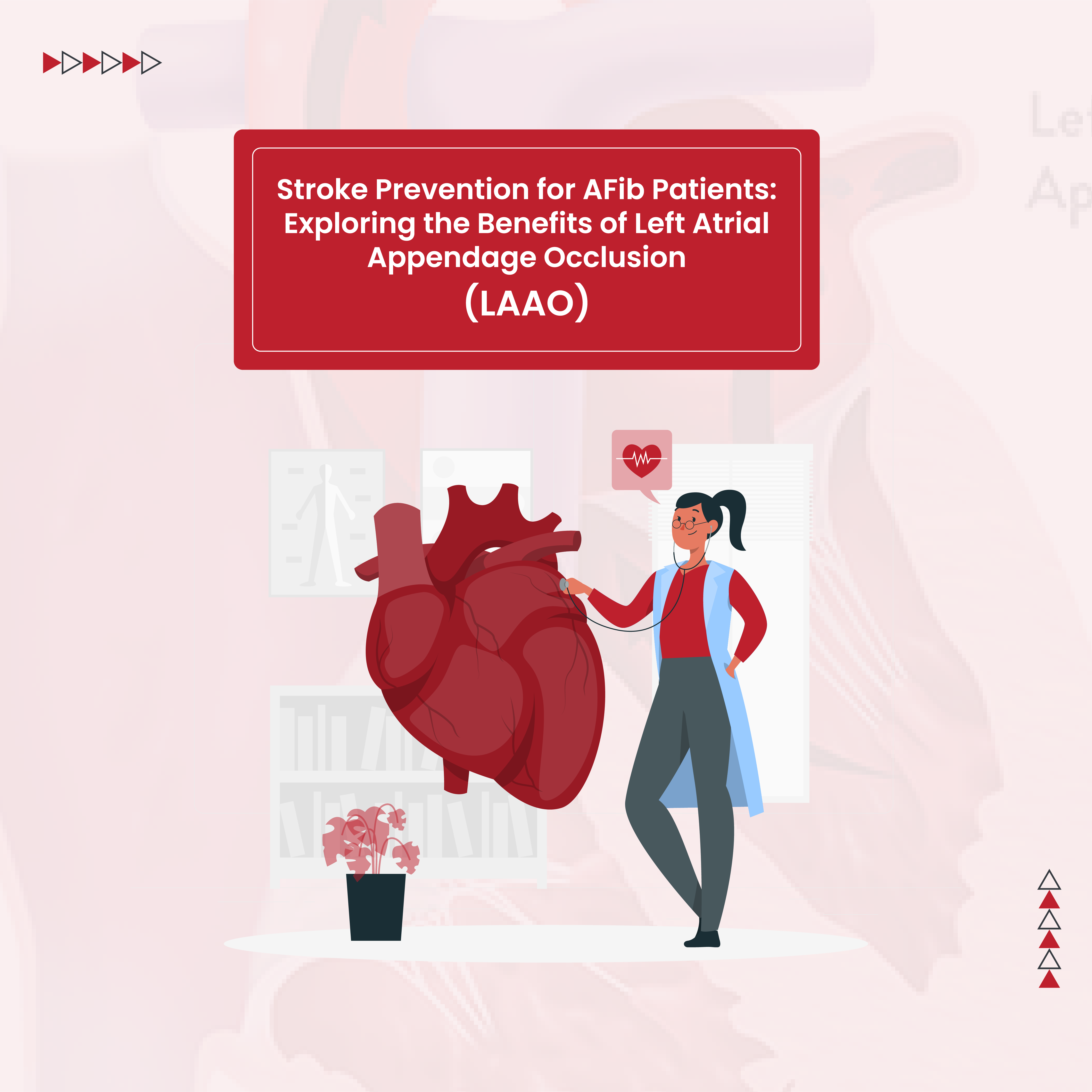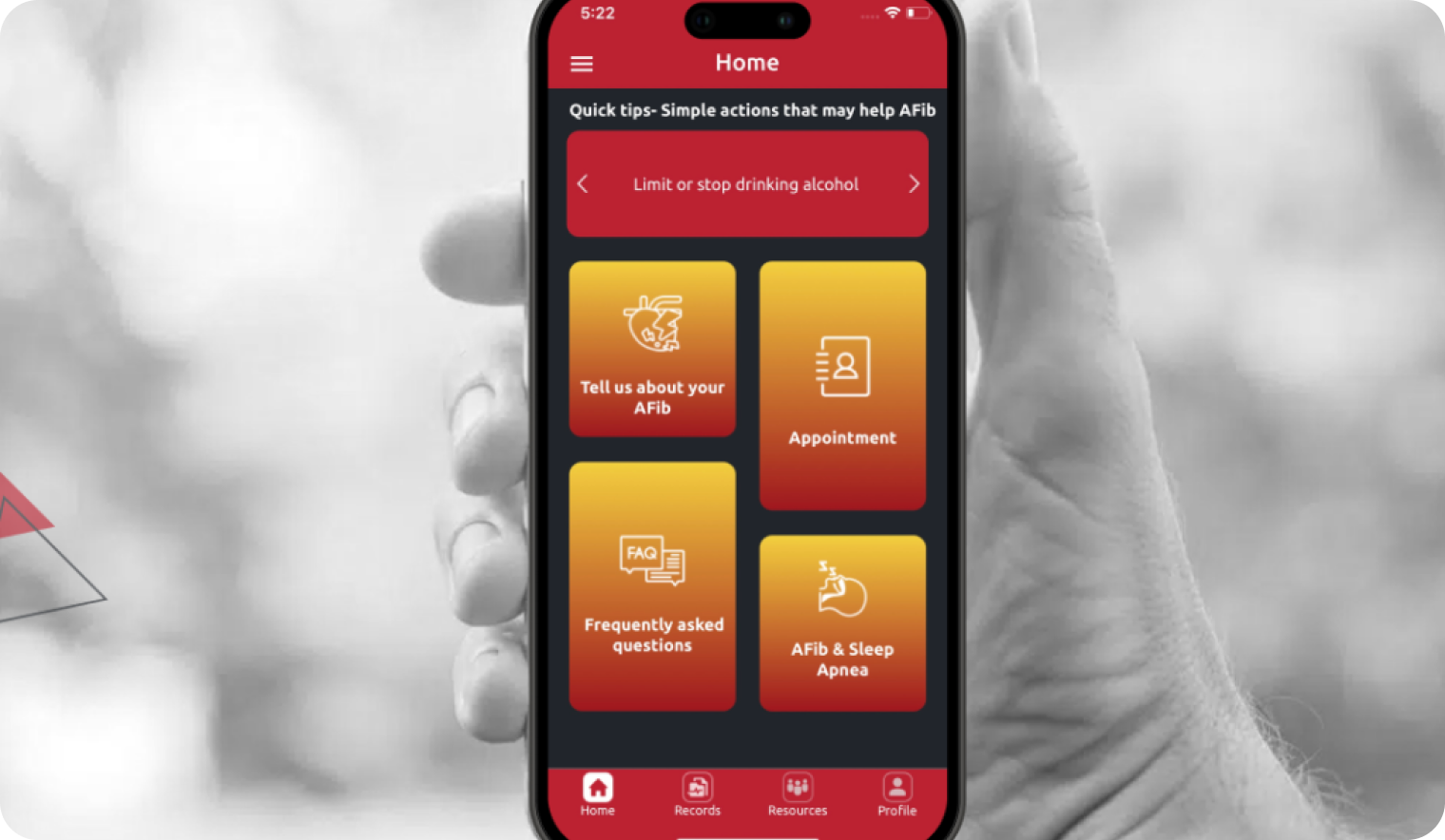You may have noticed the stroke risk calculator on our homepage, and wondered what the association is between atrial fibrillation and the risk of having a stroke. This blog post provides a deep dive into answering that very question.
Risk factors for atrial fibrillation include congestive heart failure, hypertension, increasing age and diabetes. Many of these factors also increase the risk for thromboembolism and ischemic stroke in AFib patients. Atrial fibrillation, a common heart rhythm disorder, can increase your risk of stroke.*
Here’s why…
- During a normal heartbeat, the upper and lower chambers of the heart work together to pump blood to the rest of the body.
- During AFib, the upper chambers of the heart beat irregularly, and do not pump all of the blood to the lower chambers.
- As a result, blood pools – and potentially forms clots.
- If a blood clot breaks loose, it can travel through the bloodstream to the brain and lead to a stroke.
Unfortunately, strokes related to AFib are often more severe compared to strokes with other underlying causes. In addition, the risk of stroke from atrial fibrillation increases with age. Current or previous presence of the below health conditions also increase the risk of stroke:
- High blood pressure
- Diabetes
- Heart failure
- Some valvular heart disease
- Previous stroke
Living a healthy lifestyle improves heart health, reduces the risk of developing atrial fibrillation, and thus having a stroke. Simple lifestyle modifications such as the below enable the patient to take more control and lower their risk of health complications:
- Exercising regularly
- Eating heart-healthy foods
- Keeping a healthy weight
- Avoiding smoking
- Limiting or avoiding alcohol
- Keeping blood pressure and cholesterol levels under control
As noted on our SERVICE PAGE, prescribing a blood-thinning medication (anticoagulant) can also reduce your risk of stroke, or damage to other organs caused by blood clots. For some patients that cannot take blood-thinning medications, or do not respond well to them, the below may be needed to treat AFib and thus reduce probability of a stroke:
- Arrhythmia Procedures
- Catheter Ablations, Radiofrequency, Laser & Cryo Ablations, Pulmonary Vein Isolation
- Hybrid or Minimally Invasive Epicardial Ablation
- Left Atrial Appendage Therapy or Cardiac Stroke Prevention
Continue reading the next installment of The Scoop where we cover how to treat AFib through lifestyle modifications.
* National Institute of Health








